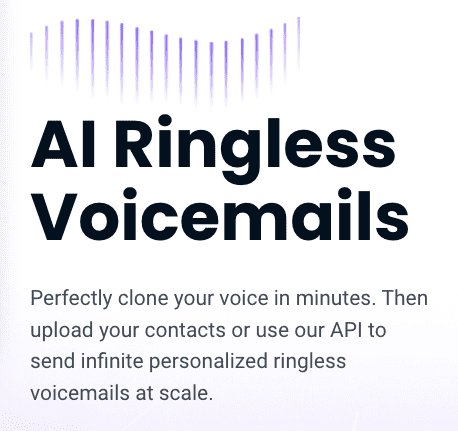Summary
ChatHub is a groundbreaking platform that transforms user interaction with AI chatbots by allowing concurrent engagements with various models like GPT-4, Claude, and Google Gemini. This distinct capability enables users to contrast different bot responses instantaneously, boosting productivity in endeavors such as literary creation, exploration, and customer assistance. The platform is furnished with numerous instruments, including a prompt collection, rapid-launch browser shortcuts, markdown assistance, and multi-chat capability, which supports dialoguing with several models simultaneously.
Available as an extension for Chrome and Edge browsers, ChatHub integrates effortlessly with the OpenAI API, providing a rapid and budget-friendly alternative to other subscription options like ChatGPT Plus. While the standard version of ChatHub is at no cost, a premium plan exists offering supplementary features like web access and cloud synchronization, catering to advanced requirements.
Perfect for content creators, marketers, and enterprises looking to enhance efficacy, ChatHub provides a unified solution to leverage premier AI technologies. Nevertheless, users ought to be conscious of occasional inconsistencies in online responses and the restricted customization capabilities for chatbot engagement.
Principal attributes
- Multi-chat feature: Enables users to communicate with multiple AI models like GPT-4, Claude, and Google Gemini at the same time, boosting productivity and facilitating comparison.
- Prompt collection: Supplies an assortment of pre-composed prompts to streamline interactions and elevate efficiency when engaging different AI chatbots.
- Quick-start shortcuts: Offers browser shortcuts that permit users to swiftly launch and operate the platform, conserving time and enhancing user experience.
- Markdown formatting: Allows markdown structuring, enabling users to format and stylize their chat inputs and outputs for improved clarity and presentation.
- OpenAI API integration: Blends seamlessly with the OpenAI API, delivering users a more economical and swift alternative to accessing sophisticated AI models.
- Enhanced features: Includes developed options such as web access and cloud synchronization in its premium plan, catering to professional requisites and augmenting user convenience.
Advantages
- Customizable user design: Permits users to personalize the layout and design of the platform, making it more comfortable and tailored to personal likes.
- Instant collaboration: Enables multiple users to cooperate on the same inquiry in real-time, encouraging teamwork and prompt feedback.
- Analytics interface: Offers insights into usage trends and performance metrics, aiding users in refining their interactions with AI models.
- Language diversity: Supports numerous languages, making it accessible for a worldwide audience and improving communication across various regions.
- Data security: Guarantees high standards of information privacy and security, protecting user data and interactions from unauthorized access.
Drawbacks
- Complex user interface: The multi-chat feature, albeit potent, can result in a cluttered and overwhelming interface for novices or non-intensive users.
- Reliance on connectivity: The platform's need for internet accessibility means any network disruptions can significantly affect all functionalities.
- Resource demanding: Operating multiple AI models simultaneously can be demanding on device resources, possibly slowing other applications.
- Limited offline access: The dependence on cloud-based services and online APIs means most features are unavailable without internet connection.
- Significant learning curve: The plethora of features and advanced markdown assistance may require considerable time to master entirely.



